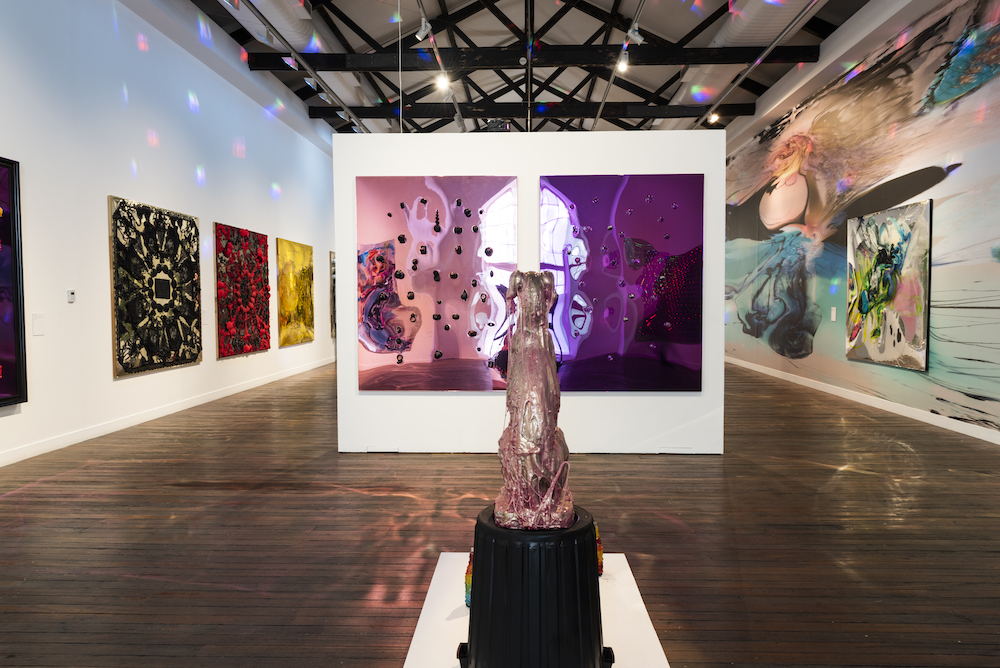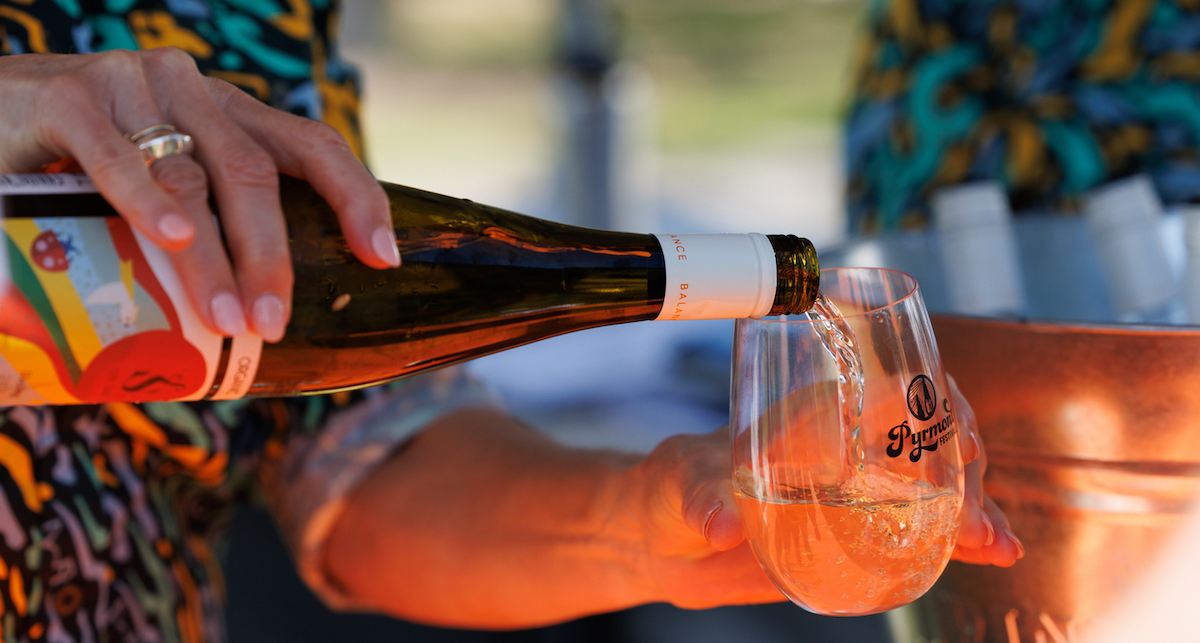
THE NAKED CITY – Revenge Of The Pangolin

When we think of animals that are trafficked globally, often to be used in Chinese medicines and other natural remedies, it’s tigers, elephants and rhinos that immediately come to mind. Yet in recent years the most hijacked animal in the world has been a prehistoric looking, scaly mammal, prized for both its meat and the medicinal value of its scales. The pangolin is found in both Asia and Africa and it’s estimated between 2000 and 2013, over one million were taken from the wild.
Needless to say it’s now highly endangered although thousands still find their way into markets, particularly in China. They are relatively easy to hunt down and catch with World Animal Protection stating, “The pangolin is repeatedly bludgeoned with a machete until it can barely move. While bleeding, it is then thrown into a cauldron of boiling water, where its tragic struggle comes to an end.”
Up until a few months ago the plight of the pangolin was not high on the list of endangered animals but perhaps that is all about to change. Whilst it’s still very much a theory, a number of well respected scientists believe that the pangolin was the intermediary that originally passed the corona virus from bats to human beings. Pangolin meat and scales were certainly on sale in the markets of Wuhan although given the recent revelations it’s unlikely they remain a hot ticket item.
The more this theory is circulated the better. Yes, pangolins are carriers of disease, namely Covid-19 and it’s a very bad idea to eat them or use their scales to brew up a variety of ‘natural’ medicines. Whilst the pangolin is not related to the armadillo it’s common knowledge that the latter is a carrier of leprosy and you won’t find them on any road kill menu in Texas. Ironically being labelled a carrier of a serious virus could be the saviour of the pangolin
Meanwhile in Sydney last week we witnessed the extraordinary sight of three baboons roaming the surrounds of Royal Prince Alfred, with the male of the trio supposedly booked into the hospital for a vasectomy. Whilst the episode produced much mirth in the media it did reveal the previously well guarded secret that there is a ‘troop’ of up to 150 baboons housed in a medical research establishment in Wallacia.
Using any animal for medical research is a highly contentious and emotionally charged issue. Horror stories abound as to the way chimps were used in the US by the biomedical community and it’s only in recent years that many of these surviving primates have been moved to sanctuaries such as the celebrated Chimphaven. It’s obviously all hush hush in Australia when it comes to using animals such as baboons as the guinea pigs of medical exploration.
The Sydney Morning Herald reported figures last week from Humane Research Australia that some 272 primates were used for medical research in Australia in 2017. These included marmosets and macaques bred in Gippsland in Victoria. The Wallacia facility has obviously been a well kept secret with virtually no information supplied as to how the animals are tested and what the mortality rate there is.
The 15 year old baboon who had the vasectomy at RPA was supposedly being retired from breeding duties by the National Health And Medical Research Council who operate the facility. Whether their somewhat ingenious escape from their transport at RPA was a cry for help may seem a bit farfetched but it was certainly an embarrassment for the Research Council.
We can only hope we don’t get a Planet Of The Apes like movie scenario with a mass breakout from the Wallacia compound with up to 150 marauding baboons terrorising men, women and children all over Sydney. Judging by the polite, non-threatening behaviour exhibited by the RPA threesome, we don’t have a lot to fear.
Let’s hope we finally reach a day when primates are no longer needed for medical research and pangolin meat is off the table once and forever. Whilst the former is likely to continue, there’s a distinct possibility the latter might eventuate and become possibly the only good thing that a pandemic might bring to the world.









